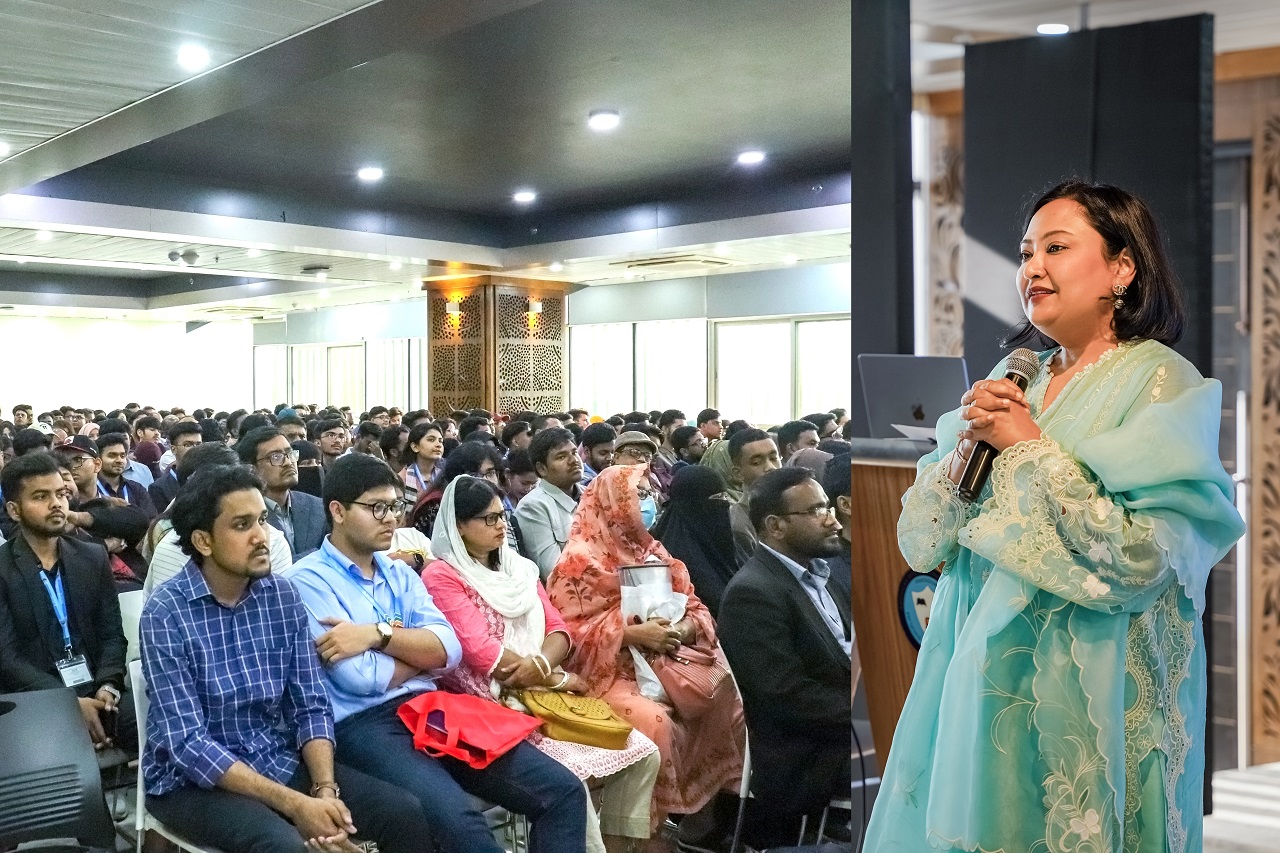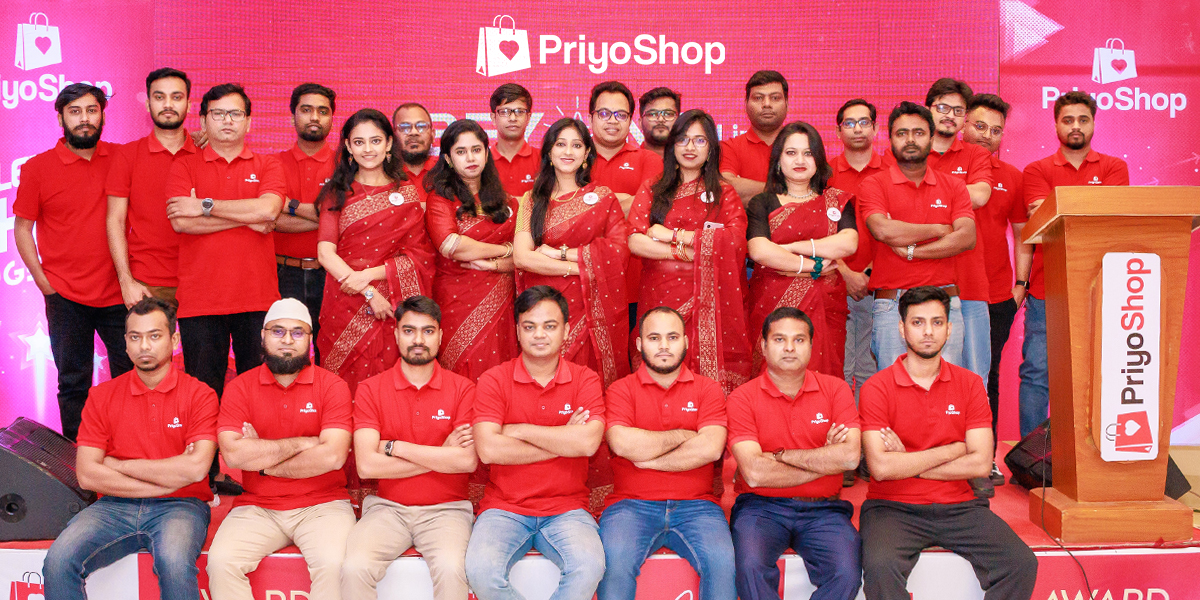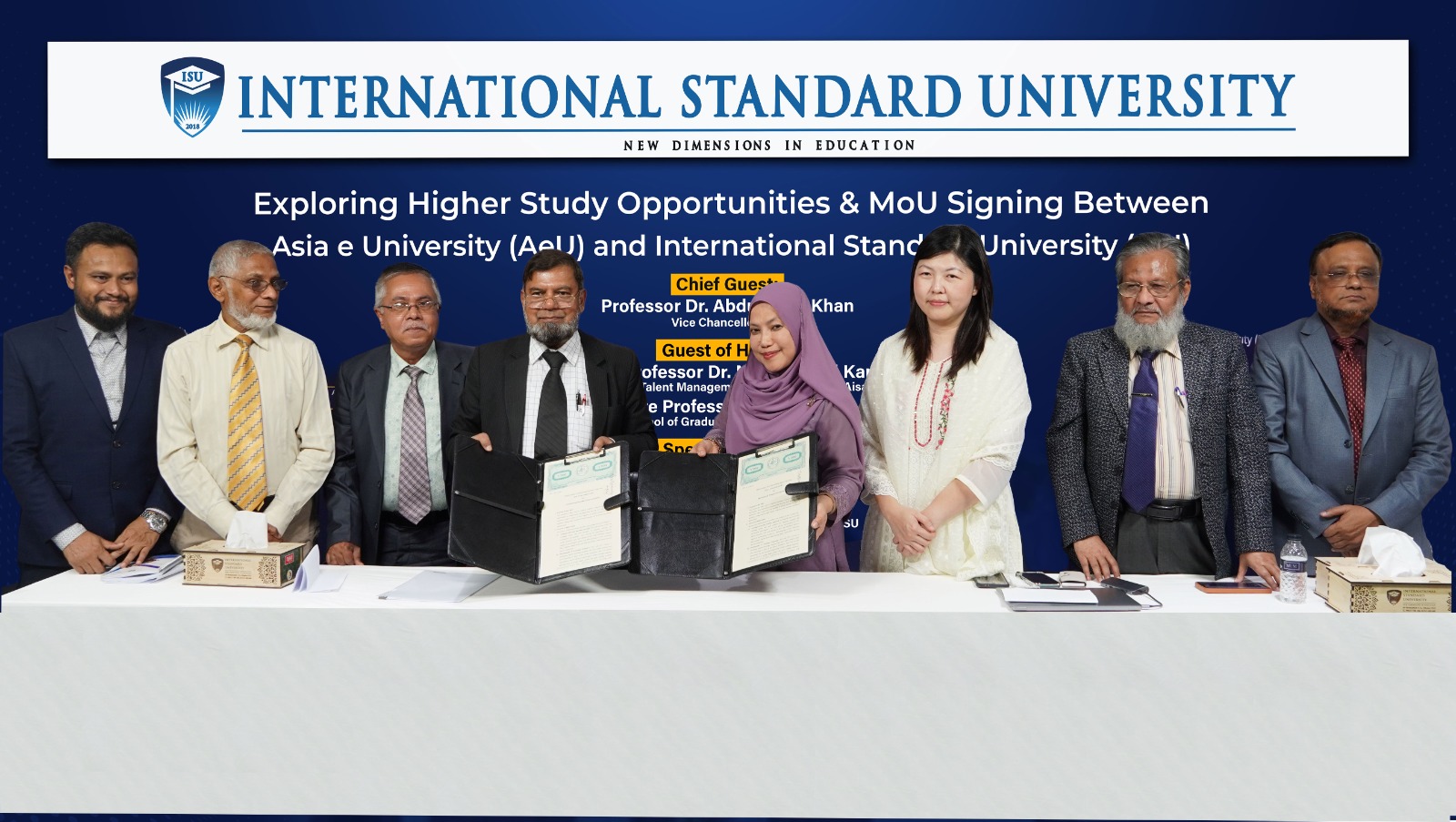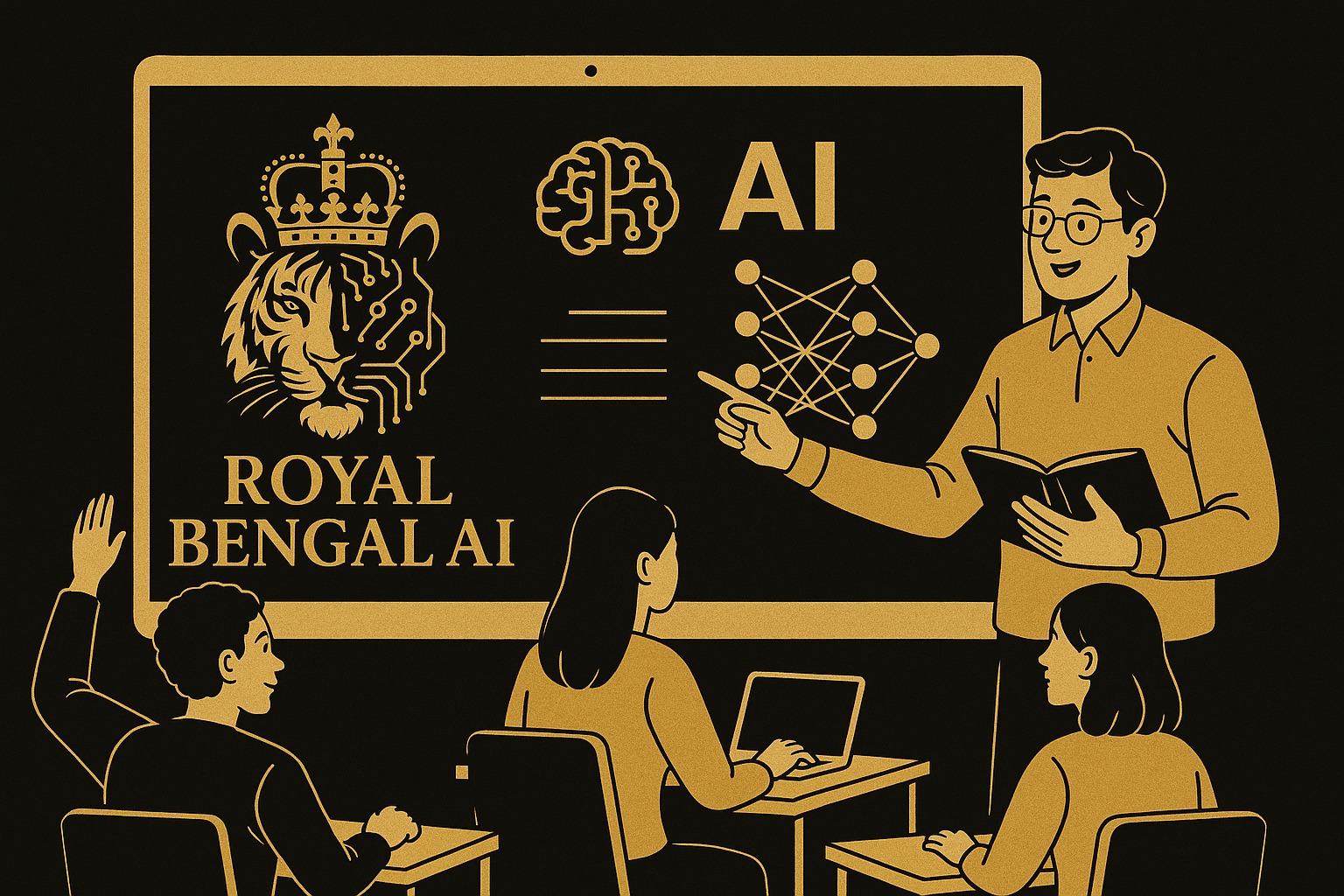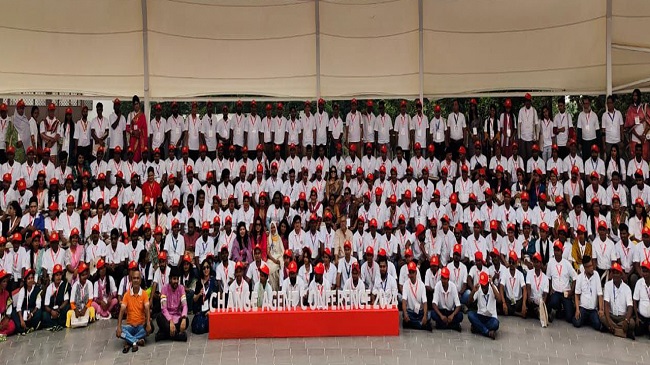
Change Agent Conference 2024 Positive change requires collective effort and conviction
-

- - নিউজ -
- ডেস্ক --
- ৫ জুন, ২০২৪
With the aim of reducing discriminatory practices against marginalized communities and empowering them by increasing their capacity, and ensuring their active participation in the development of Bangladesh with the support of European Union - Christian Aid, BLAST, Bandhu Social Welfare Society, Nagorik Uddyog and Wave Foundation have been implementing “Empowering left behind minority communities to effectively participate in the development process of Bangladesh (ELMC) project”. Christian Aid organized a conference in Gazipur on 2nd & 3rd June 2024 on to celebrate the Change Agents of the marginalized communities of Bangladesh such as Dalit, ethnic minorities such as tea workers and hijras.
These communities suffer from discrimination and deprivation in the society due to various reasons. According to Lore Census, about 8.91% of the total population of Bangladesh are religious minorities, a large part of which are discriminated against only on the basis of caste and occupational identity. This community is better known as Dalit community. Apart from this, there are about 16.51 lakh plains tribes who are known by the state as minor ethnic groups of the plains. The Sylhet region of Bangladesh has more than 1 million tea worker communities who are discriminated due to their occupational identity. A significant part of the country's population is the Hijra community and the disabled who face various forms of discrimination in society due to gender diversity and physical disabilities. Bangladesh currently has about 12,629 sexually diverse populations and about 23,61,604 persons with disabilities. Although there are specific laws for the protection of disabled people, many of them remain outside the social protection zone due to obstacles in their proper implementation. Furthermore, as there is no specific law to reduce discrimination against other backward communities, no effective initiatives are observed to eliminate the ongoing discrimination against them. The aim of the ELMC project is to empower the marginalized communities and activate their participation in the development process of Bangladesh and eliminate all forms of discrimination in accessing various rights and services. Under the project, 291 change agents selected from these communities in the areas of Khulna, Shatkhira, Sylhet, Rajshahi, Habiganj, Moulvibazar, Naogaon and Jashore divisions are actively working to increase their accessibility to the socio-economic development and government benefits of their respective communities. By enhancing the skills of Change Agents, the project has enabled them to advocate for their rights and engage in various activities that will help them to improve their livelihoods.
As a result, on one hand, they are able to make their community aware of their rights, and on the other hand, through effective advocacy with local service providers, they are able to contribute to making government services accessible to their community. So it can be said that the project has been able to contribute significantly to the empowerment of the marginalized communities through the Change Agents. With the help of project partner organizations, Christian Aid organized a Change Agent Conference to exchange work experience of these skilled and experienced Change Agents and to recognize their contribution. Around 350 people including project Change Agents, volunteers and field level officers from 8 ds participated in the conference.
The event was attended by Nuzhat Jabin, Country Director, Christian Aid; Zakir Hossain, Chief Executive, Nagorik Uddyog; Kaniz Fatema, Program Director, Wave Foundation; Anjum Nahid Chowdhury, Program Manager, Christian Aid; Umme Farhana Zarif, Cluster Leader, BLAST. In the event, the change agents of the project shared their work experience and highlighted their success in empowering the backward communities. They also expressed their determination to continue working in the future to bring about positive change in the lives of the backward communities.
1.gif)

.jpeg)
1.gif)
4.gif)
